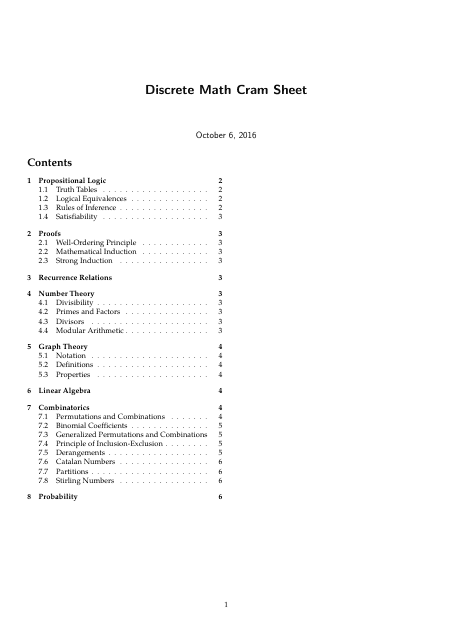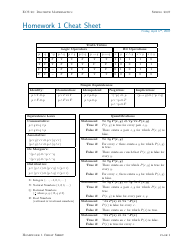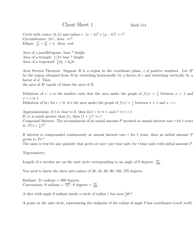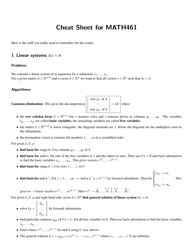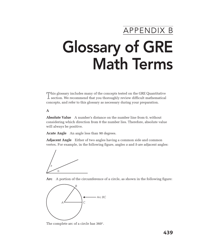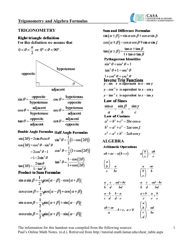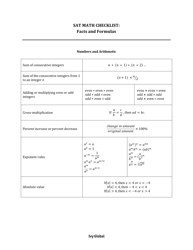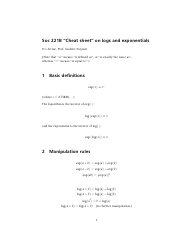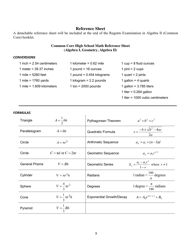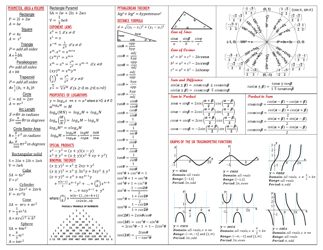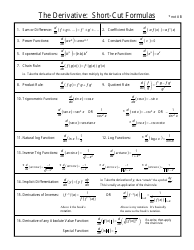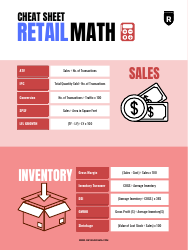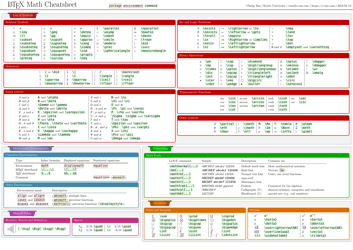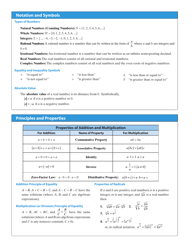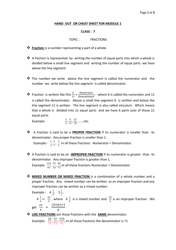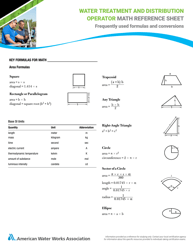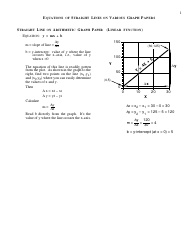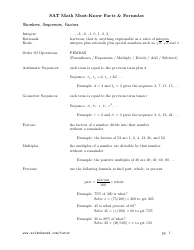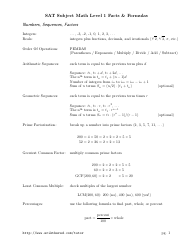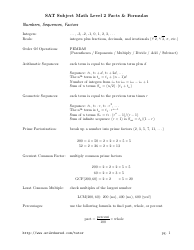Discrete Math Cheat Sheet
A Discrete Math Cheat Sheet is a condensed reference guide that contains key concepts, formulas, and definitions for the field of discrete mathematics. It is used as a quick reference tool for students and professionals studying or working in areas such as computer science, mathematics, and engineering.
FAQ
Q: What is discrete math?
A: Discrete math is a branch of mathematics that deals with objects that can only take on distinct, separate values.
Q: What are some key topics in discrete math?
A: Some key topics in discrete math include set theory, logic, combinatorics, graph theory, and probability.
Q: What is set theory?
A: Set theory is the study of sets, which are collections of objects.
Q: What is logic in the context of discrete math?
A: Logic is the study of reasoning and argumentation using formal systems.
Q: What is combinatorics?
A: Combinatorics is the study of counting and arranging objects.
Q: What is graph theory?
A: Graph theory is the study of mathematical structures called graphs, which consist of nodes and edges.
Q: What is probability?
A: Probability is the branch of mathematics that deals with the likelihood of events occurring.
Q: What are some applications of discrete math?
A: Discrete math has applications in computer science, cryptography, operations research, and other fields.
Q: Is discrete math difficult?
A: The difficulty of discrete math can vary depending on individual aptitude and prior mathematical knowledge. However, with proper study and practice, it can be mastered.
